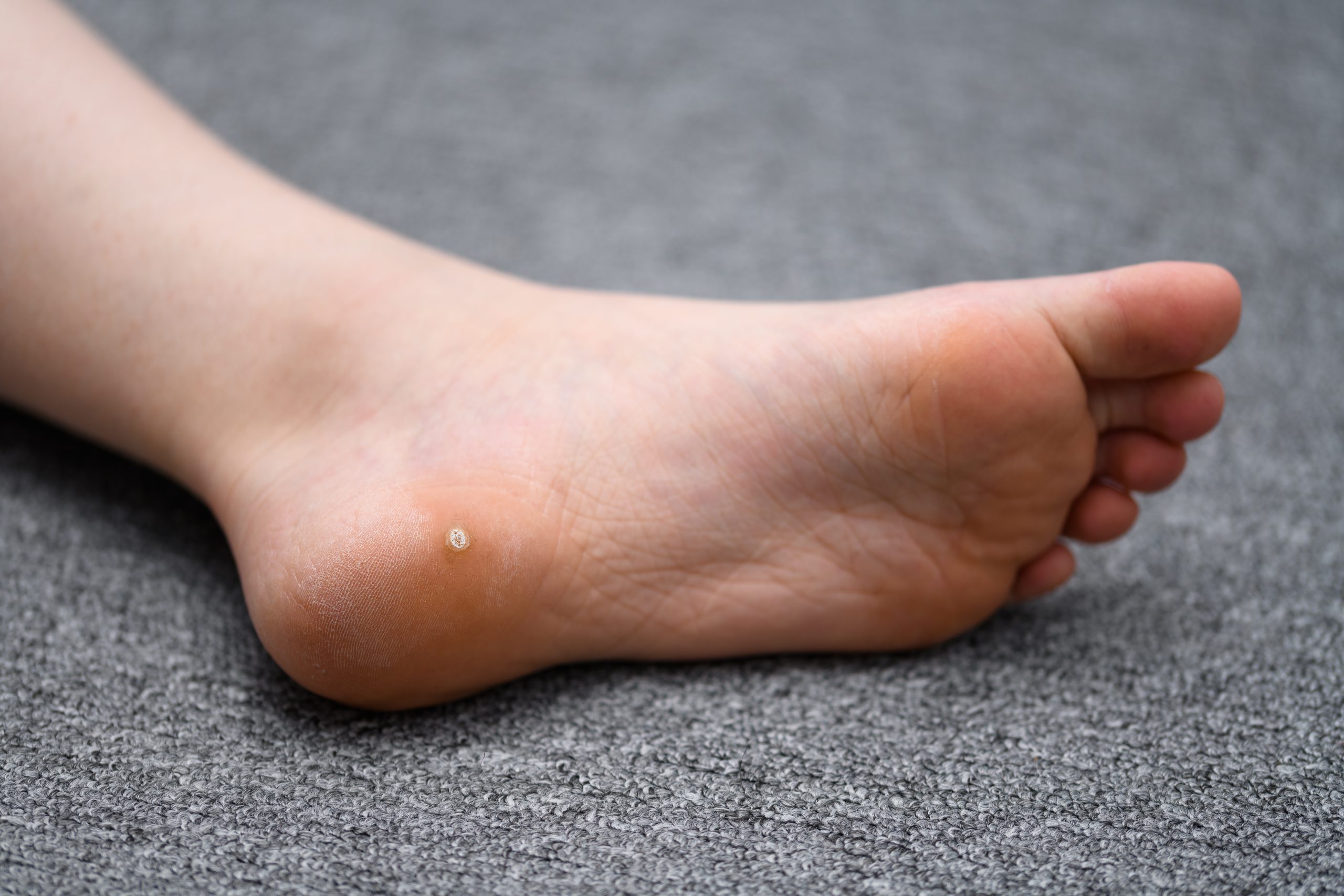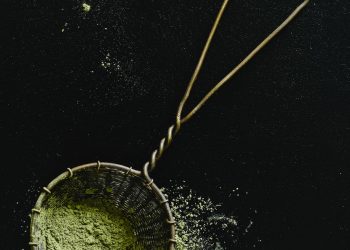Dehydration is more dangerous than we think.
The body, which is made up of 60 percent water, depends on it for various bodily functions including digestion, circulation and metabolism [1].
Excessive loss of body fluids can cause dehydration, which can possibly lead to serious complications such as heat injury, seizure and kidney failure [2].
In this article you’ll learn all about dehydration and the related health complications. Moreover, we will lay out best home remedies for dehydration relief.
Causes and Symptoms of Dehydration
There are various reasons for fluid loss, and these include fever, vomiting, diarrhea, frequent urination, and excessive sweating [3].
It’s also possible that you’re not drinking enough water because you feel ill or nauseated, or you have oral problems such as mouth sores or sore throat [3].
Signs of mild dehydration include thirst, infrequent urination, dry mouth, dark colored urine, dry skin, headache, and muscle cramps [3].
Meanwhile, you’ll know that you’re severely dehydrated when your skin is not just dried but already shrivelled, when you’re lightheaded or dizzy, when you have sunken eyes, rapid heart rate, or in shock [3].
Don’t let this happen to you.
The good news is, you can treat dehydration at home using these simple but effective home remedies.
RELATED: 12 Home Remedies for Vomiting To Give You Instant Relief
12 Best Home Remedies for Dehydration
1. Water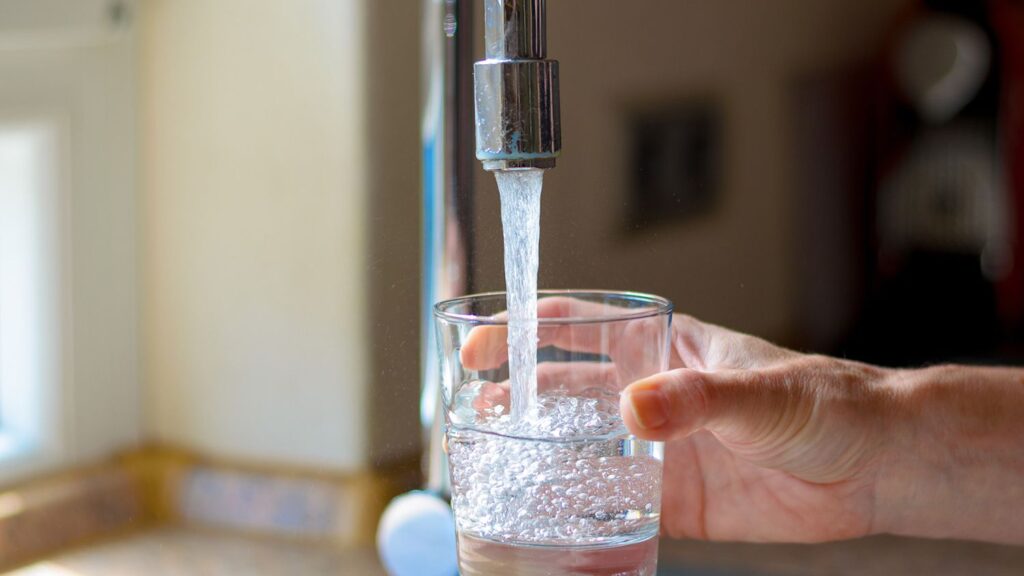
The most obvious solution:
Drink more water.
The easiest and quickest way to prevent and treat dehydration is to increase intake of water.
As mentioned previously, dehydration occurs when the body loses too much fluid from excess sweating, vomiting, diarrhea, and frequent urination [3].
Drinking more water ensures that lost fluids are replaced.
Water therapy can be a challenge for some people who do not like the bland taste of water.
This can be remedied by adding fruit slices or other natural flavoring to water to make it more appealing to your taste.
What You’ll Need:
- 3 liters of water for men / 2.2 liters for women
- Fruit slices
Recommended Directions:
- Drink recommended amount of water throughout the day.
- Add fruit slices to water if you prefer.
- Do this daily for several weeks.
2. Oral Rehydration Salts
When someone has diarrhea, one of the first recommendations is to take in oral rehydration salts (ORS).
It is also commonly prescribed by doctors.
According to Rehydrate.org, ORS prevents over one million deaths in children each year.
ORS is defined as “glucose-based salt solution” commonly used to prevent and treat dehydration due to diarrhea [3].
Many studies validate the effectiveness of ORS as a fluid replacement therapy for mild to moderate cases of dehydration [4, 5, 6].
In a 2001 published in the British Medical Journal, researchers examined 15 clinical trials involving over 2,300 patients to see how ORS works in children suffering from acute diarrhea [4].
It was found that ORS reduced the “need for unscheduled intravenous infusions” [4].
It also led to less dehydration and less vomiting [4].
What You’ll Need:
- 1/2 tablespoon of salt
- 6 teaspoons of brown sugar
- 4 cups of drinking water
Recommended Directions:
- Put salt and sugar in the drinking water.
- Stir to dissolve.
- Drink four to five times a day for three days to one week.
3. Coconut Water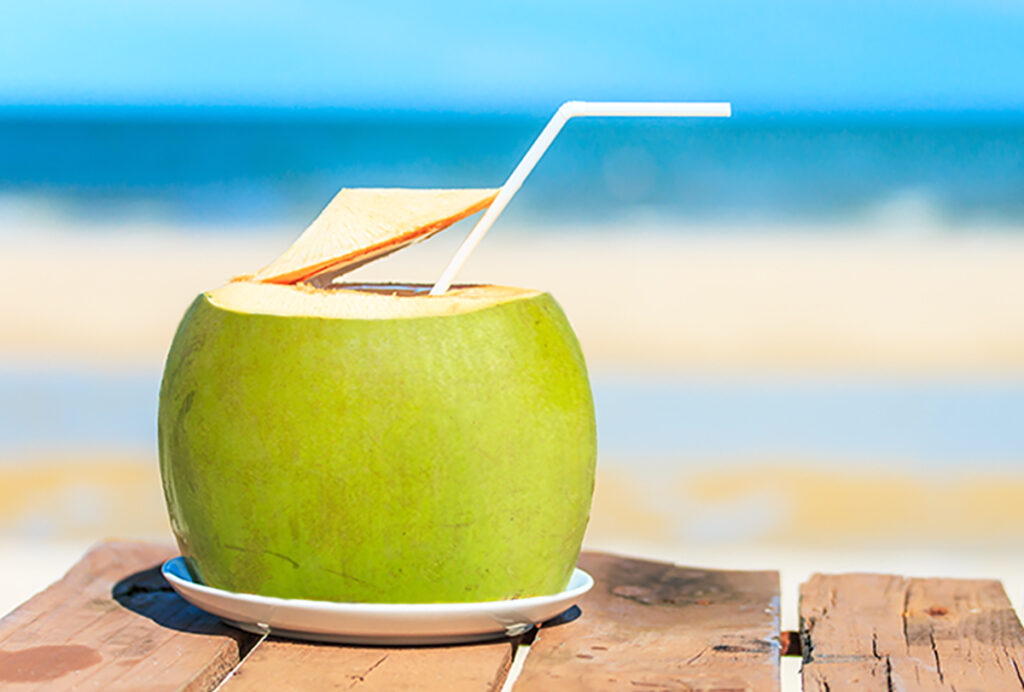
Do you drink coconut water?
If not, it’s about time that you make it a habit to do so, as it is highly nutritious and refreshing.
High in electrolytes, potassium and glucose, coconut water is another effective remedy for dehydration [7].
In fact, a 2012 study revealed that coconut water can be just as effective as sports beverages in hydrating the body [8].
In this clinical trial, 12 men who exercised for 60 minutes in the dehydrating treadmill were asked to drink either bottled water, pure coconut water, coconut water from concentrate or sports drink with carbohydrates and electrolytes [8].
Coconut water in both pure and concentrate forms improve hydration status (fluid retention, urine output and body mass), but it caused minor side effects such as stomach upset and bloating [8].
A 2002 study, meanwhile, recommends drinking of fresh young coconut water to rehydrate the body after exercise [9].
Keep in mind, however, that coconut water is “relatively deficient” in other minerals such as sodium and chloride so it’s a good idea to add salt to your coconut water before drinking [7].
What You’ll Need:
- 5 to 6 glasses of coconut water
- 1 teaspoon of salt
Recommended Directions:
- Add salt to coconut water.
- Drink coconut water several times during the day.
- Do this for one to two weeks.
4. Yogurt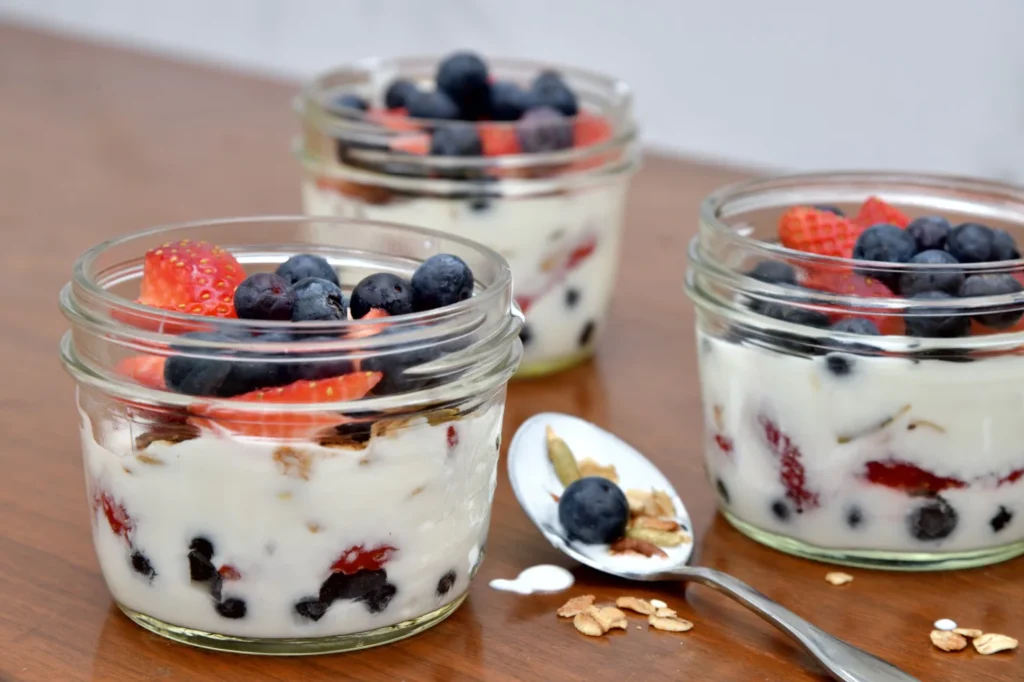
There are many ways your body can benefit from yogurt.
For one, it’s an excellent source of protein, which is vital to muscle growth, tissue repair and cell regeneration.
It’s also rich in probiotics such as Lactobacillus acidophilus that keep the balance of good and bad bacteria in the intestines.
With its overload of vitamin B12, it supplies the body with enough energy, and at the same time, promotes healthy brain function.
Of course, it doesn’t end here.
Yogurt also contains electrolytes such as potassium and calcium, which makes it a suitable remedy for dehydration.
In a study that was featured in the Research Journal of Medical Sciences, 160 children with acute diarrhea were treated with either Lactobacillus acidophilus supplement, conventional yogurt, or a placebo, in addition to fluid therapy [10].
It has been proven that both the Lactobacillus acidophilus supplement and yogurt can relieve dehydration, and minimize the severity of acute diarrhea [10].
Since yogurt tastes delicious, ORS dissolved in yogurt is more easily accepted by children than ORS dissolved in plain water [11].
What You’ll Need:
- 1 cup of yogurt
- 1 tablespoon of cottage cheese
Recommended Directions:
- Add cottage cheese to a cup of yogurt.
- Eat this several times a day.
5. Barley Water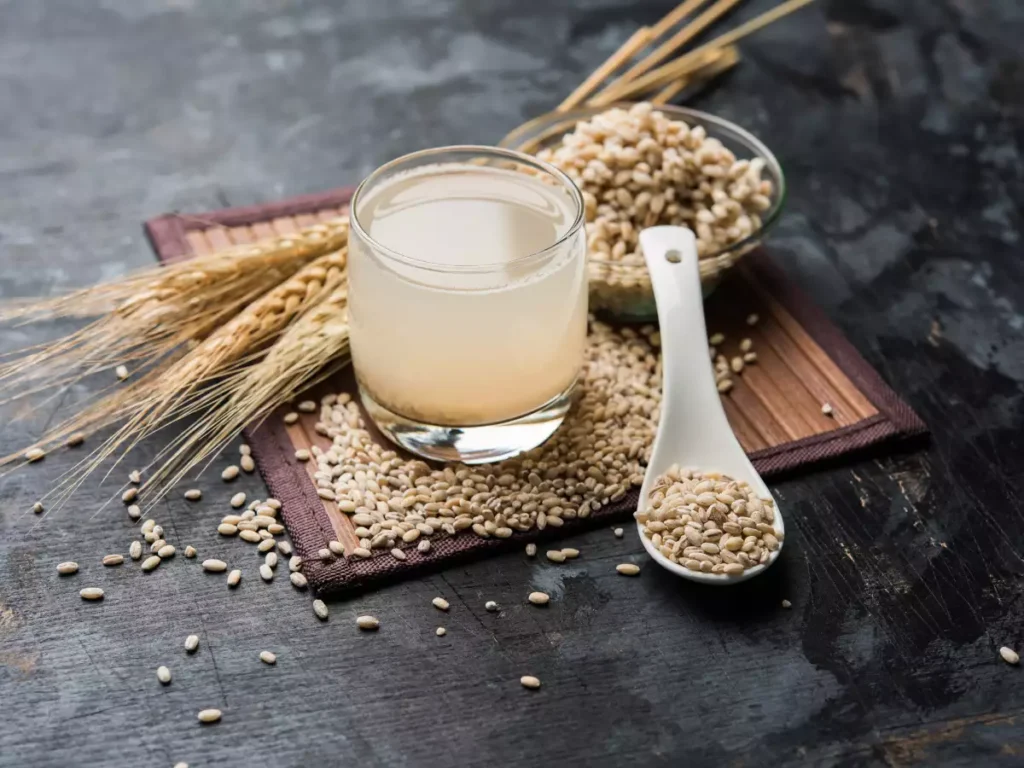
It’s true that barley water hardly comes up in topics of home remedies.
However, people should be more aware that it has a very long list of benefits for the health.
It’s a nutritional powerhouse, loaded with B vitamins, iron, copper, zinc, amino acids, dietary fiber, and a multitude of antioxidants.
It can also help flush out infection-causing pathogens and toxins, and treat conditions like urinary tract infections (UTI).
Drinking barley water can also support your weight loss efforts, lower cholesterol levels, promote heart health, aid in digestion, and help manage diabetes, among many others.
It’s no surprise that barley water has been consumed in different parts of the world since the ancient times [12].
Today, some people recognize that it’s a good remedy for dehydration.
Barley water can help replace lost fluids in the body and relieve dehydration symptoms.
That’s because it is a great source of minerals including potassium, magnesium and calcium [13].
What You’ll Need:
- 1 cup of soaked barley
- 3 to 4 cups of water
- 1 tablespoon of freshly squeezed lemon juice
Recommended Directions:
- Put barley in a pot with water.
- Bring to a boil.
- Simmer for one hour.
- Add lemon juice.
- Drink tea throughout the day.
- Do this for one to two weeks.
6. Buttermilk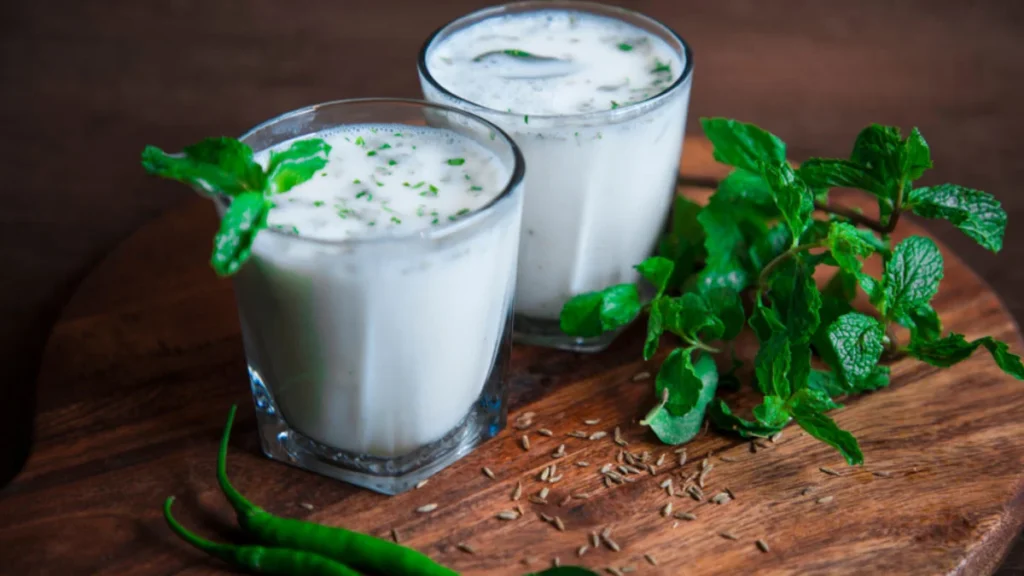
There are many reasons to include buttermilk in your daily diet.
If you’re having a hard time digesting your meals, it would help drink buttermilk that relieves stomach irritation and boost digestion.
It’s also a great way to wash down oils and fats after a heavy meal, not only preventing bloating but also helping you maintain an ideal weight.
Not to mention, it has the ability to tone down blood pressure and cholesterol levels.
If you or anyone you know suffer from dehydration, this can also come to your rescue.
Buttermilk is high in calcium but low in fat and calorie.
On top of all these, it is also rich in nutrients like B vitamins and protein that can help maintain good health.
What You’ll Need:
- 1 glass of buttermilk
- 1/2 teaspoon of dry ginger
Recommended Directions:
- Add ginger to buttermilk
- Stir well.
- Drink the solution.
- Do this several times a day.
7. Broth
Broth is made by boiling bones of meat or poultry, or vegetables in water [14].
It can be made using the bones of beef, chicken, or lamb.
In many countries, bone broth is a traditional part of cuisine not only for its intense flavor but also for its nutritional benefits.
The belief is that boiling the bones and also the marrow, tendons, and ligaments of animals releases compounds with healing properties such as collagen, glycine, and proline.
It also contains powerful minerals such as calcium and magnesium, which can ward off many ailments.
Broth is recommended as a home remedy for dehydration. It replaces lost fluids and provides nutrients for the body [15]
Broth is also a safer alternative to alcohol and caffeine products when it comes to hydrating the body in cases of diarrhea.
What You’ll Need:
- 4 pounds of bone marrow
- 2 pounds of short ribs
- 4 quarts of water
- 3 onions, quartered
- Dash of salt
Recommended Directions:
- Boil bones in a pot of water for one hour.
- Add onions and a dash of salt.
- Simmer for 10 hours.
- Let it cool.
- Sip on bone broth throughout the day.
- Cook and sip on bone broth two to three times a week.
8. Lemon Water
Lemon water is typically used for detoxification.
Drinking water infused with lemon first thing in the morning enables the body to absorb nutrients and give it the boost that it needs.
Now, did you know that you can also use this drink to treat mild cases of dehydration?
It doesn’t only resolve fluid imbalance, it also gives the immune system a boost with its vitamin C, calcium, potassium and iron.
What You’ll Need:
- 1/2 slice lemon
- 1 glass of water
- 1 teaspoon of honey
- Dash of salt
Recommended Directions:
- Squeeze lemon.
- Add lemon juice to the glass of water.
- Add salt and honey.
- Mix well.
- Drink lemon water several times during the day.
9. Banana
When the body is dehydrated, it tends to lose important minerals like potassium.
It’s important to replenish lost potassium with foods like banana, which also contains vitamins A, B6, C and D as well as natural sugars like fructose, glucose and sucrose [15].
Banana is also listed as an ideal remedy for diarrhea [16].
Children and adults who have diarrhea should make it a point to include bananas in their diet, along with hydration therapy.
What You’ll Need:
- 1 to 2 bananas
Recommended Directions:
- Snack on one to two bananas each day.
- Do this until you recover from dehydration.
10. Watermelon
People who suffer from mild dehydration are advised to eat water-rich fruits like watermelon.
A study from the University of Aberdeen in Scotland, which found that watery vegetables and fruits can efficiently hydrate the body more than a glass of water [17]
Watermelon is also rich in essential nutrients to keep you in top health.
What You’ll Need:
- 3 to 4 slices of watermelon
Recommended Directions:
- Eat watermelon several times during the day.
- Do this for a week or two or until symptoms of dehydration subside.
11. Cucumber
It’s a good idea to add cucumber slices to your water when you’re dehydrated.
Cucumber is rich in vitamins B1, C and K, potassium, magnesium and phosphorus [17].
A 2013 study found that a cucumber has cooling and hydrating properties that make it helpful in the treatment of dehydration [18].
Plus, it has many other benefits for the health that you can take advantage of.
What You’ll Need:
- 1 cucumber, sliced
- 1 pitcher of water
Recommended Directions:
- Add cucumber slices to the pitcher of water.
- Put the pitcher inside the refrigerator.
- Drink cucumber water several times during the day.
- Do this for one week.
RELATED: 12 Benefits of Cucumber Water and How to Make It
12. Apple Juice
Apple is one of the most loved and healthiest fruits on the planet with so rich nutritional values that you should keep it at the top of your diet chart. Imagine yourself biting into a red, crunchy, juicy, sweet flavored apple. It is not just tempting to your taste buds but also packed with vitamins,antioxidants, minerals and fiber.
Rightly does the maxim exalt its medical benefits, “An apple a day, keeps the doctor away.” A medium apple contains calories,carbs, fiber,vitamin C, K, and essential minerals such as potassium, manganese, copper, etc.
These nutrients in apple can restore the lost minerals and electrolytes in the body. A 2016 study shows that diluted form of apple juice is an effective home remedy for dehydration for children. (19)
What You’ll Need:
- 1 cup of organic apple juice
- 1/2 glass of water
Recommended Directions:
- Combine water with apple juice and consume the drink several times daily.
- Repeat the treatment for few days to get rid of dehydration and related symptoms.
RELATED: How to Use Apple Juice for Constipation Relief
Bottom Line
All these techniques are effective in treating dehydration before it seriously affects your health and well-being. Remember, the most natural solution to avoid dehydration is to drink plenty of water on a daily basis.
Let us know how you progress with the home remedies discussed above. Write your feedback in the comment section.
READ MORE: How to Get Rid of Cotton Mouth: 18 Home Remedies for Dry Mouth


